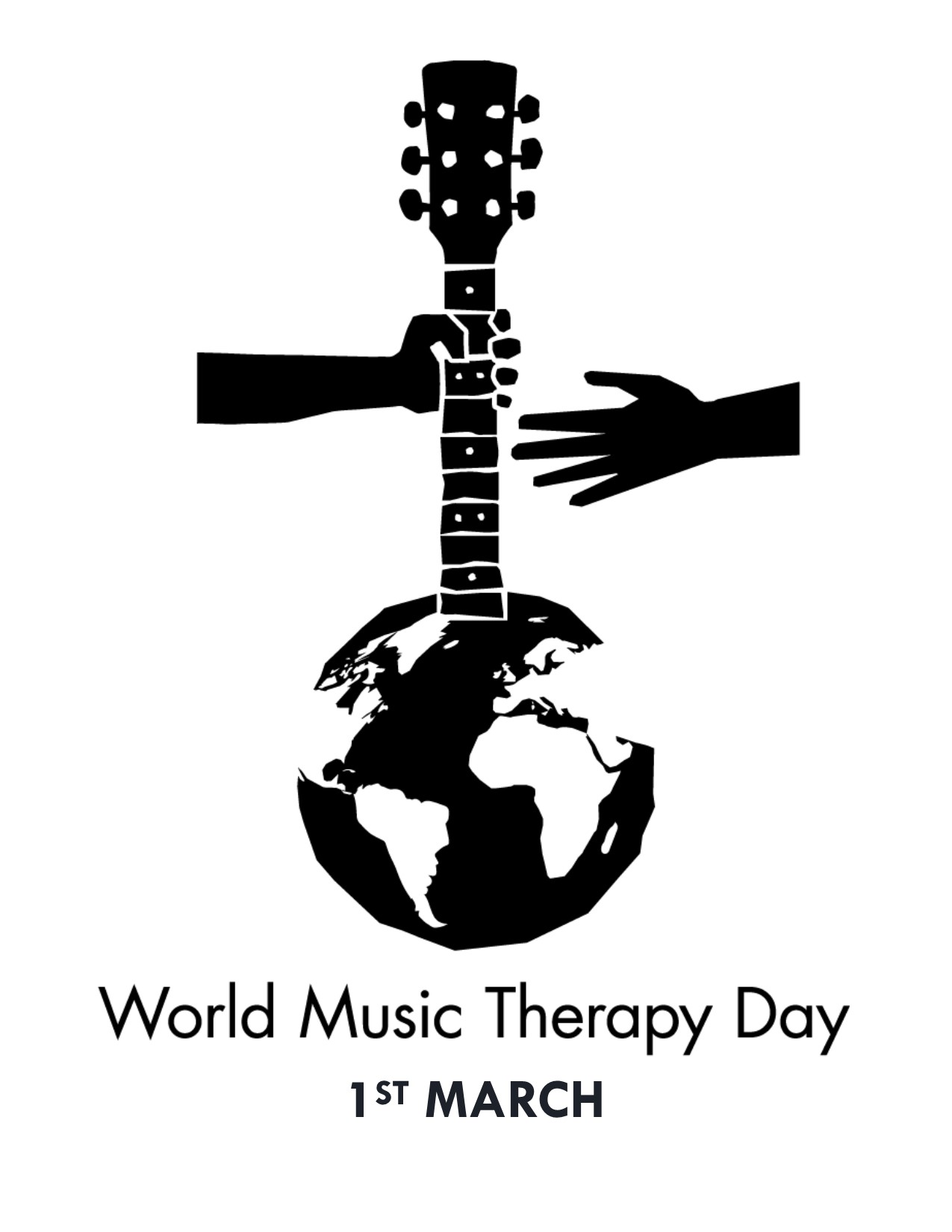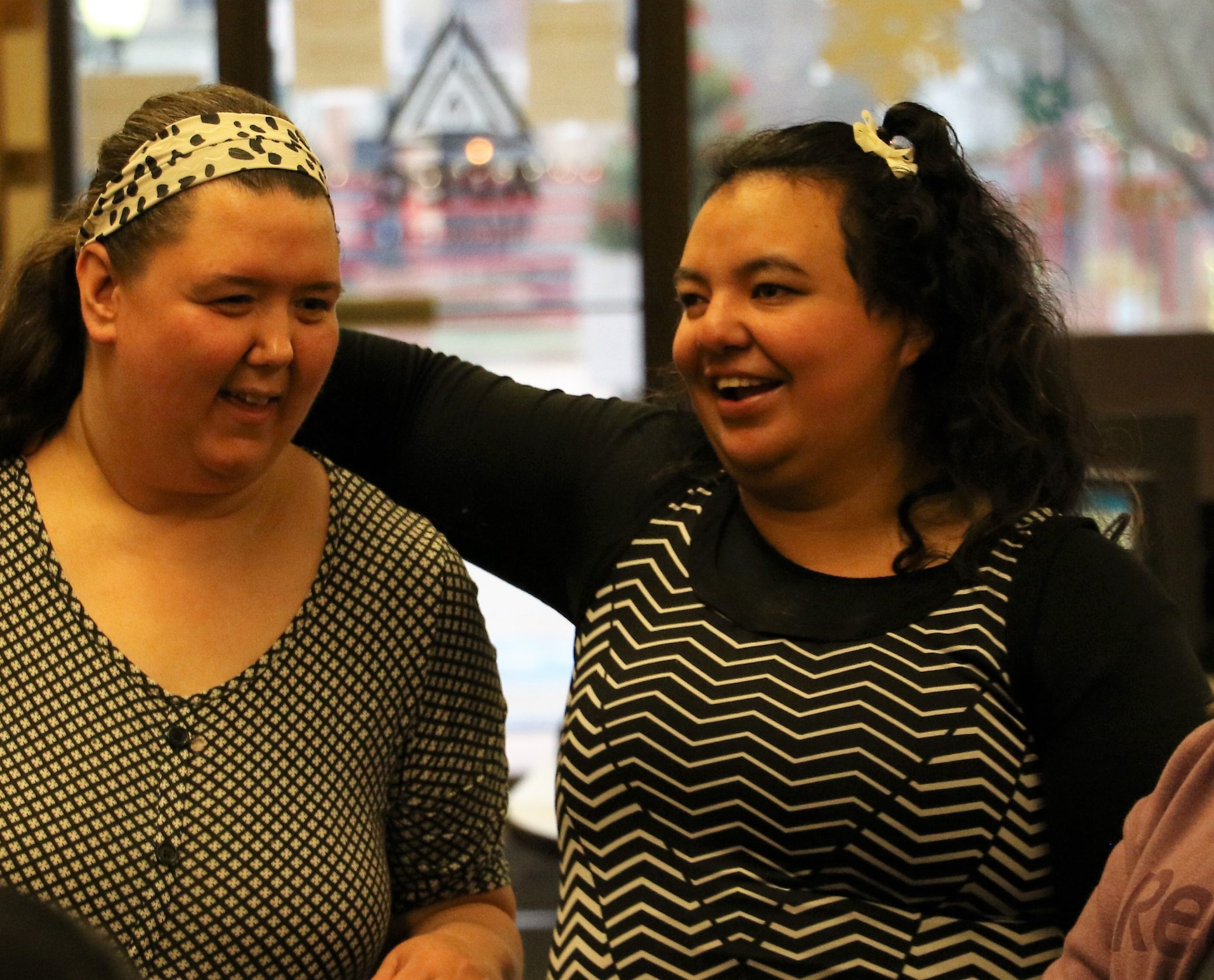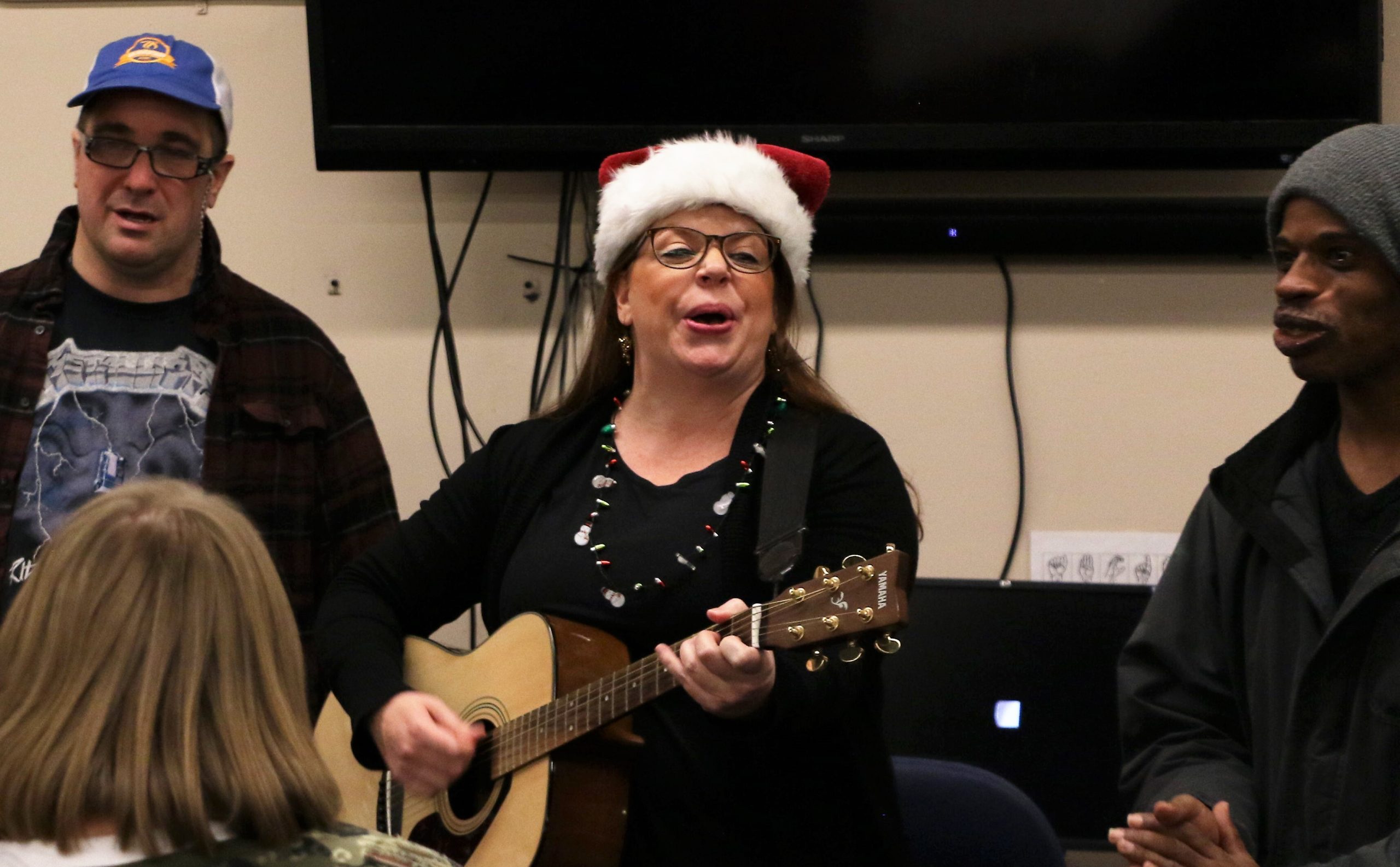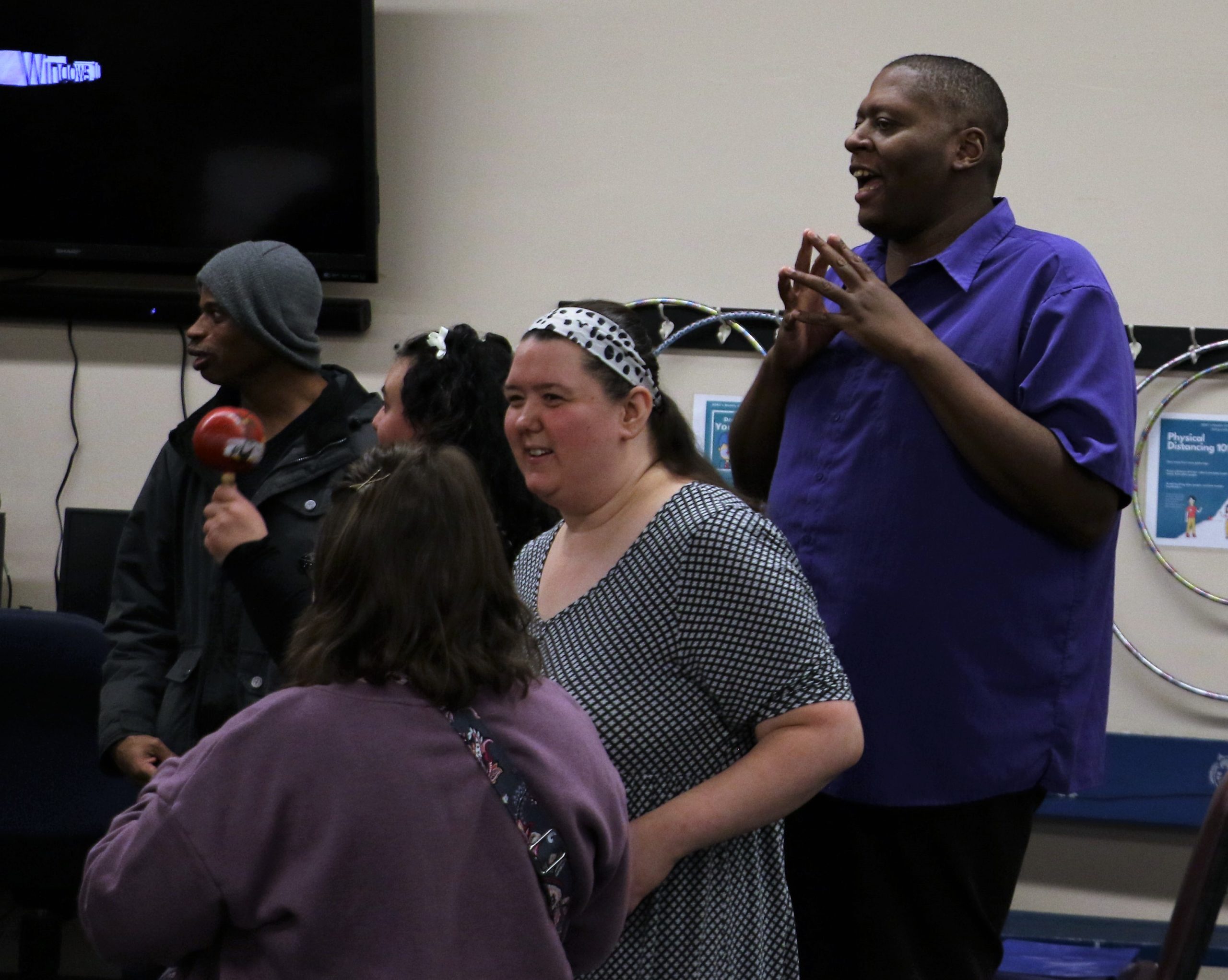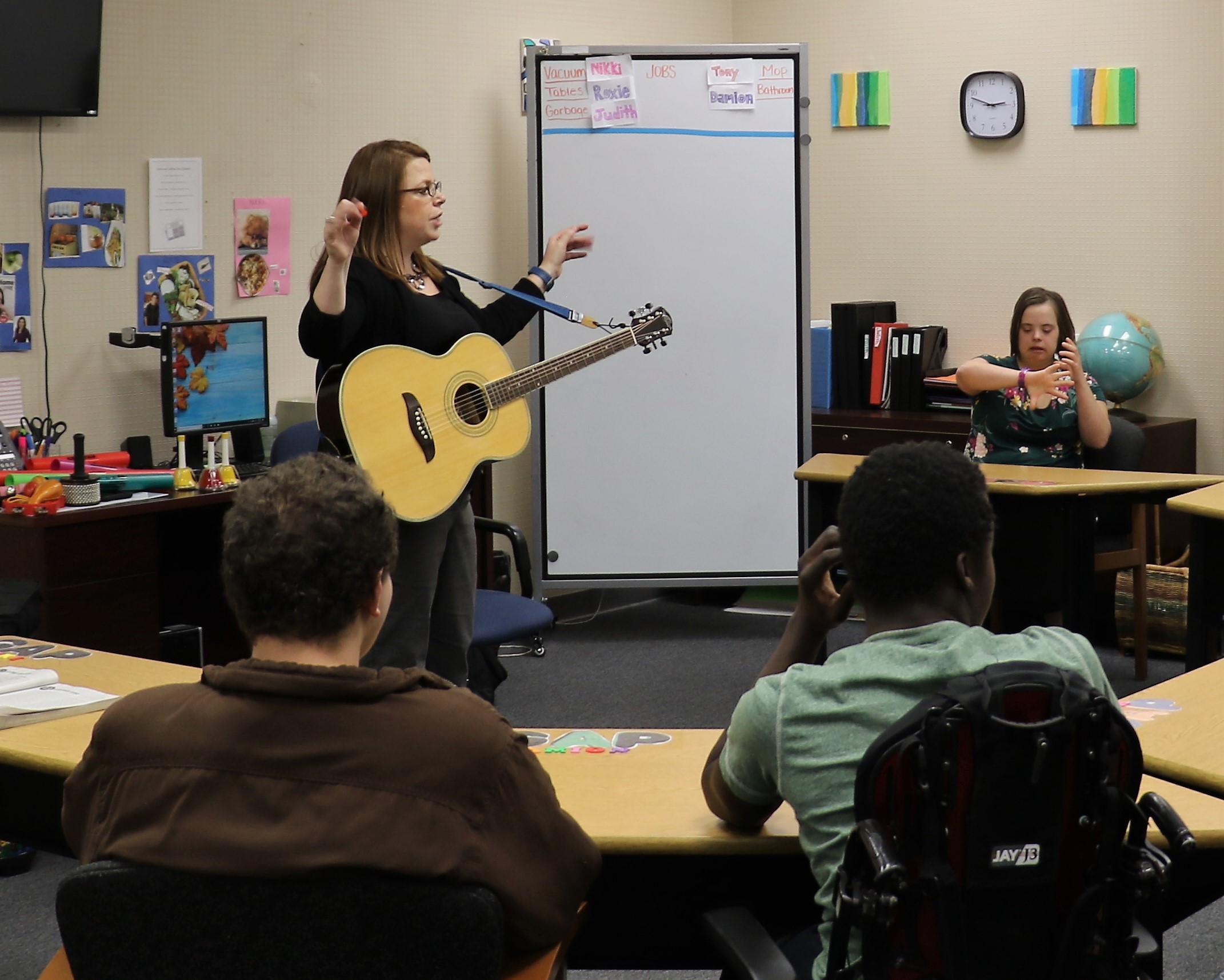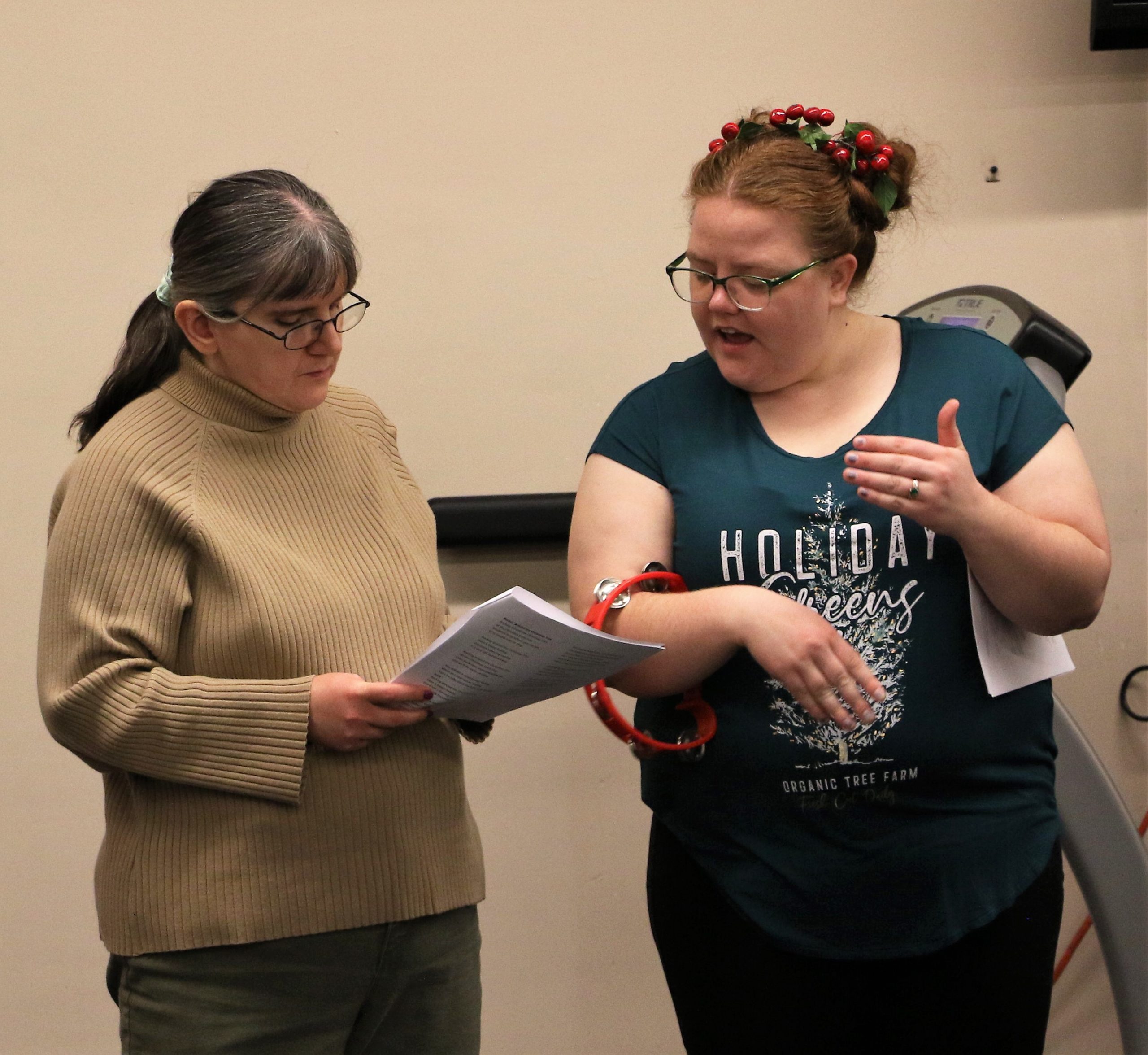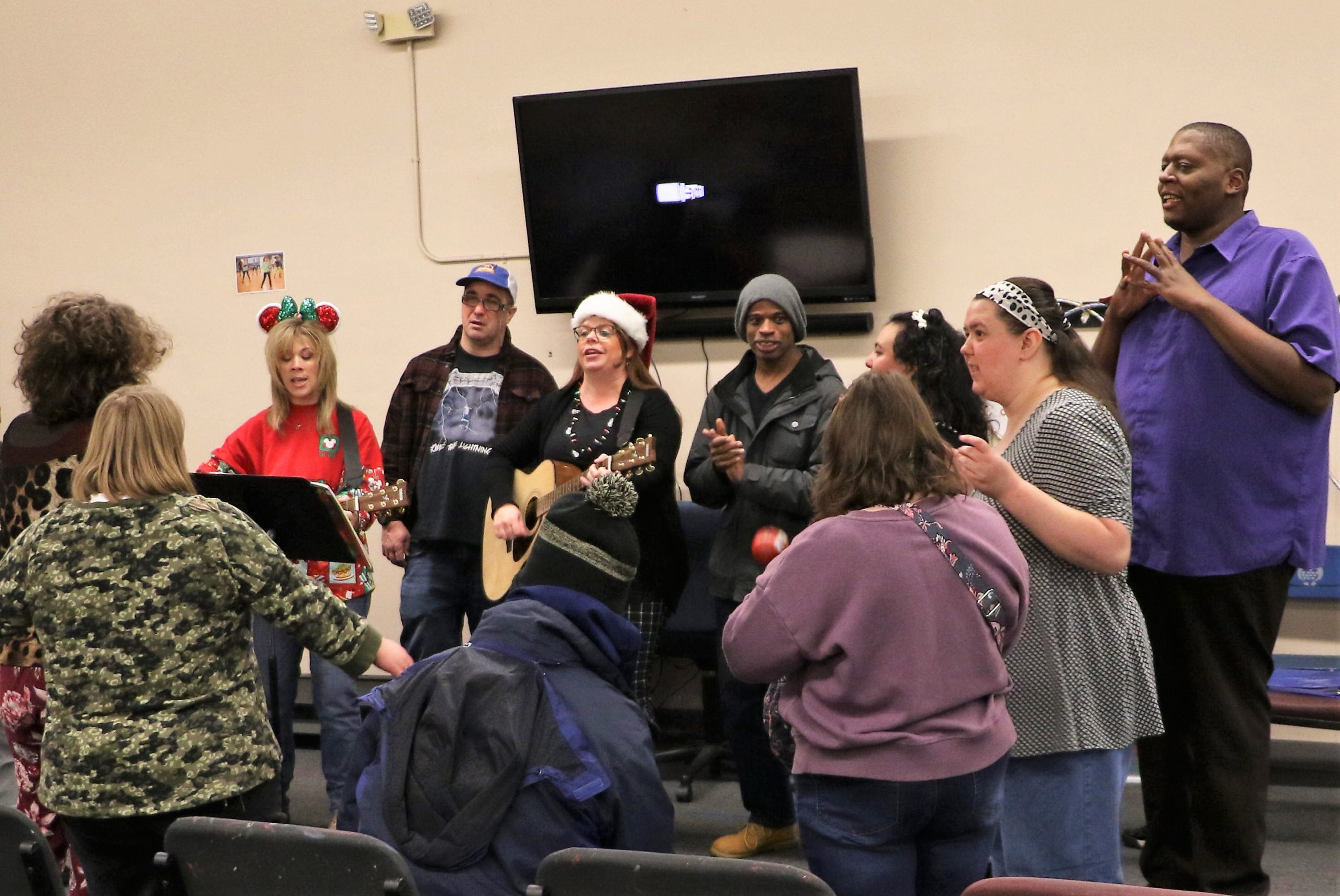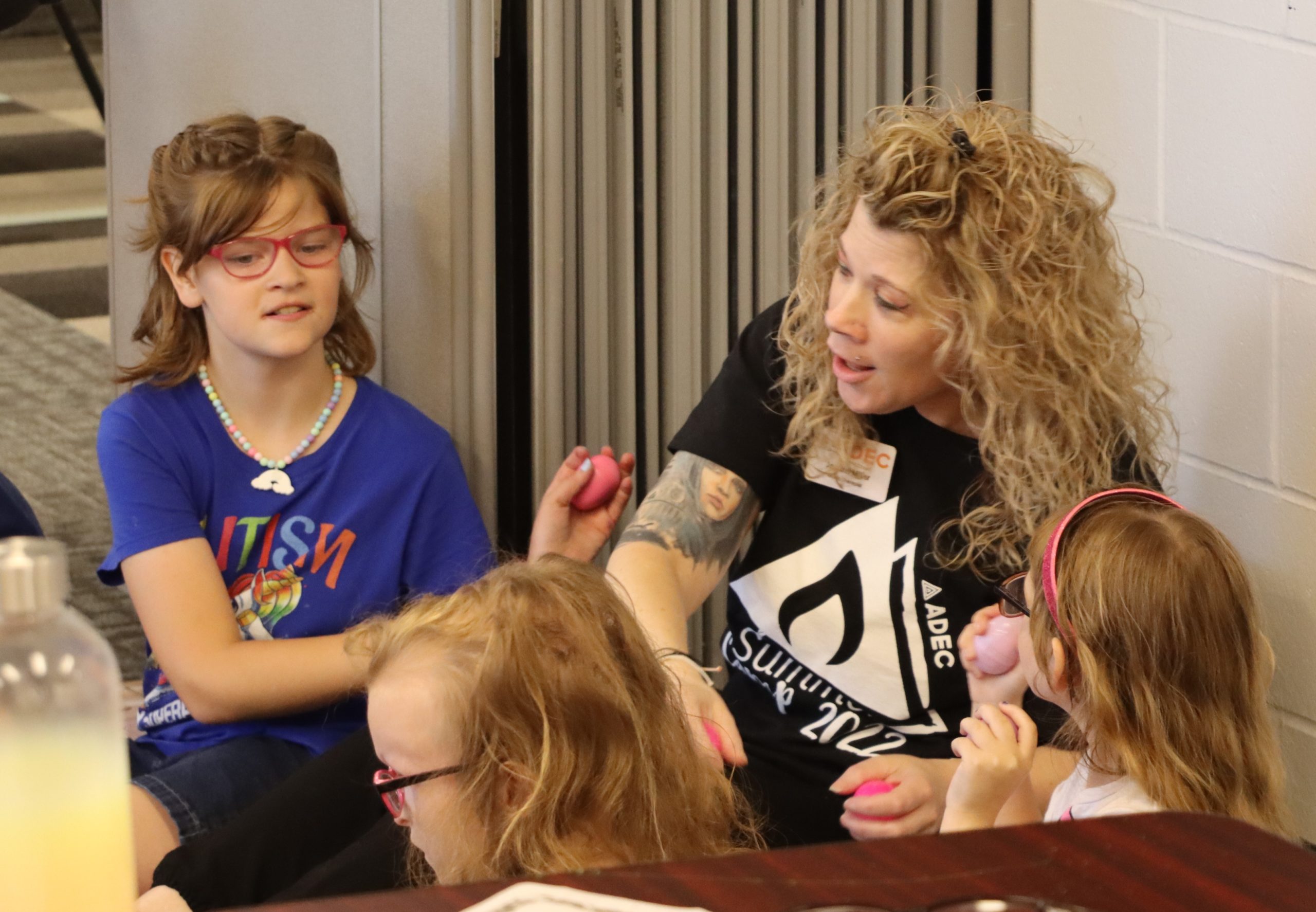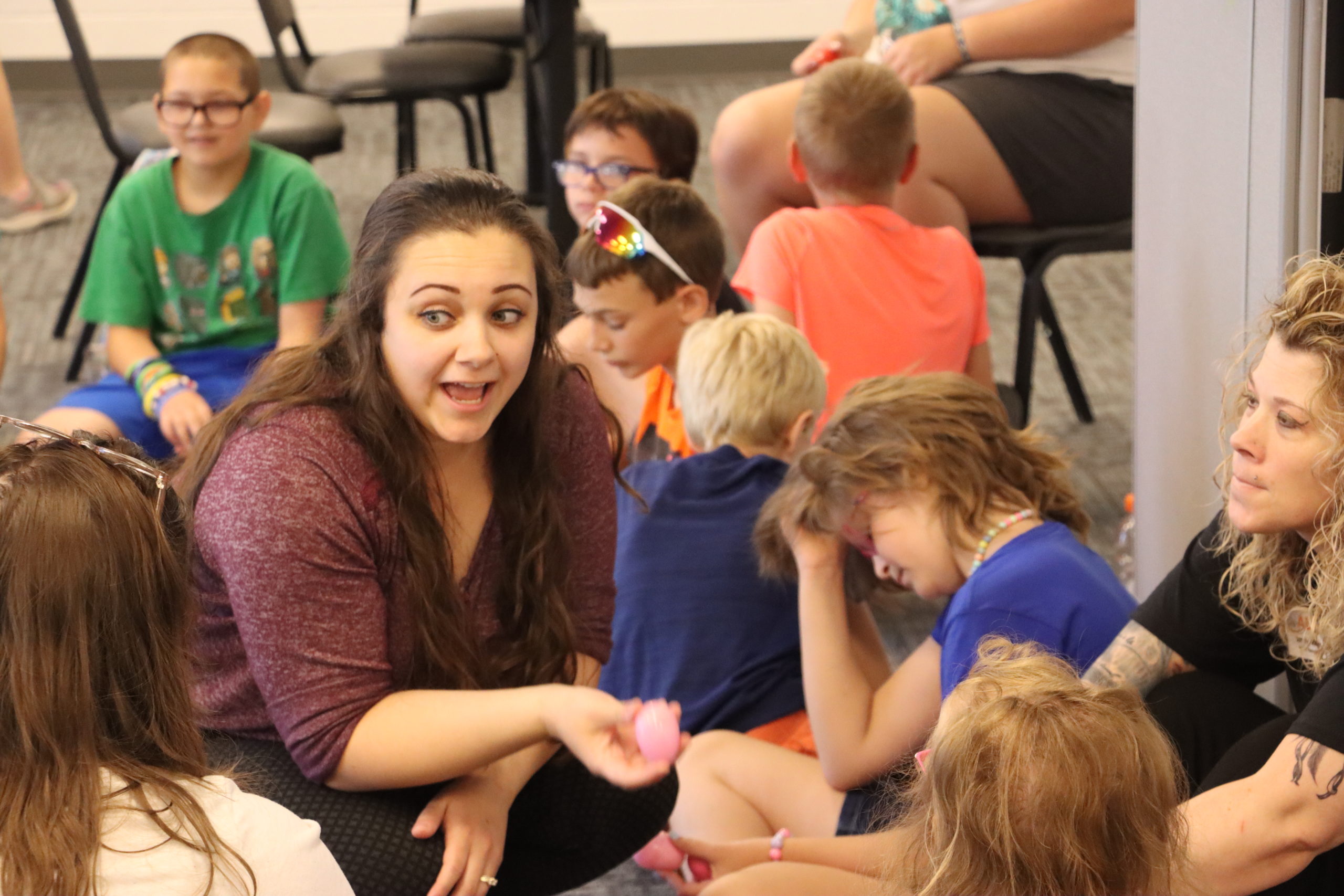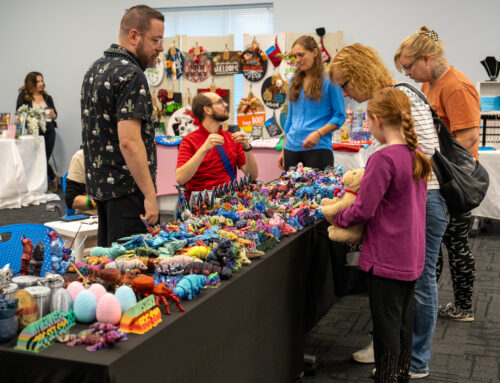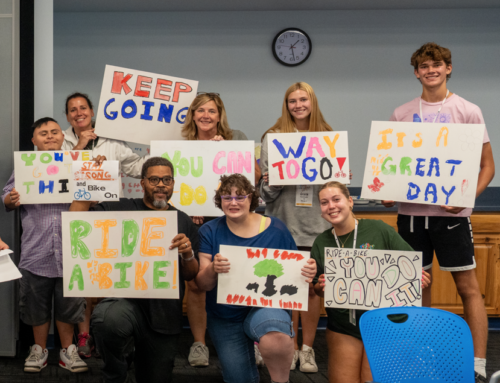#WorldMusicTherapyDay
Every year on March 1st, World Music Therapy Day shines a light on music therapists and their profession. It was created to raise awareness of music therapy as an established allied health profession and to celebrate music therapists around the globe. The day also showcases how music provides ways to improve quality of life and make every day more fulfilling for anyone with disabilities, ongoing conditions, or injuries.
On March 1st, professional organizations for music therapists and individual specialists organize various events to educate the general public on the benefits of music therapy, and their patients share their love for music therapy and stories about how it has helped them.
According to the definition provided by the World Federation of Music Therapy, music therapy is “the professional use of music and its elements as an intervention in medical, educational, and everyday environments.” Its main goal is to improve the communicative, emotional, intellectual, physical, social, and spiritual health and well-being.
Certified Music Therapists may use music to help their patients reach a variety of goals. A music therapy session may involve singing, songwriting, improvisation, drum circles, guided imagery, lyric analysis, therapeutic performances, and other techniques depending on the patient’s needs.
This type of therapy can help boost self-confidence, cope with loss, express emotions, facilitate relaxation, improve motor skills, improve social skills, and increase concentration. Music therapy may help those with special needs to develop rhythm and motor skills as well as increase memorization skills. It can also be used as an auxiliary treatment for acute and chronic pain syndromes, Alzheimer’s disease, brain injuries, certain mental health conditions, and substance abuse problems, as well as a distraction from discomfort or anxiety.
Here are just a few examples of what credentialed Music Therapists are able to do:
- Work to help someone regain or improve their speech.
- Work with older adults to lessen the effects of dementia.
- Work with children and adults to reduce asthma episodes.
- Work with hospitalized patients to reduce pain.
- Work with people of all ages to improve communication capabilities.
- Work with premature infants to improve sleep patterns and increase weight gain.
- Work with people who have Parkinson’s disease to improve motor function.
The American Music Therapy Association (www.musictherapy.org) supports music for all and applauds the efforts of individuals who share their music-making and time; we say the more music the better! But clinical music therapy is the only professional, research-based discipline that actively applies supportive science to the creative, emotional, and energizing experiences of music for health treatment and educational goals. Below are a few important facts about music therapy and the credentialed music therapists who practice it:
- Music therapists in the U.S. must have a bachelor’s degree or higher in music therapy from one of AMTA’s 72 approved colleges and universities, including 1200 hours of clinical training.
- Music therapists must hold the MT-BC credential, issued through the Certification Board for Music Therapists, which protects the public by ensuring competent practice and requiring continuing education. Some states also require licensure for board-certified music therapists.
- Music Therapy is an evidence-based health profession with a strong research foundation.
- Music Therapy degrees require knowledge in psychology, medicine, and music.
“I regard music therapy as a tool of great power in many neurological disorders — Parkinson’s and Alzheimer’s — because of its unique capacity to organize or reorganize cerebral function when it has been damaged.”
– Dr. Oliver Sacks, MD (Neuroscientists and Author of Awakenings)
Dr. Sacks reports that patients with neurological disorders who cannot talk or move are often able to sing, and sometimes even dance, to music. Its advocates say music therapy also can help ease the trauma of grieving, lessen depression, and provide an outlet for people who are otherwise withdrawn. -ST. Louis Post Dispatch.
How can you join the celebration of World Music Therapy Day? There are many ways to participate. You can learn more about music therapy and its benefits, reach out to the music therapists to thank them for their work, send your music therapist a personal note or thank you, or donate to an organization providing music therapy programs for disadvantaged children, seniors in nursing homes, individuals with disabilities, etc. And don’t forget to spread the word on social media with the hashtags #WorldMusicTherapyDay and #WMTD.
For more information:

